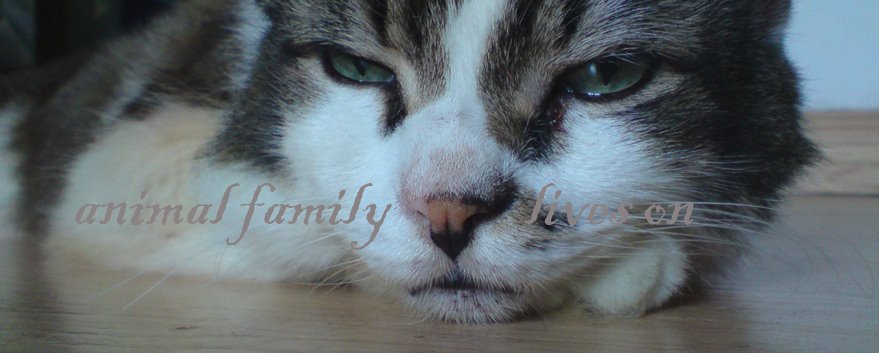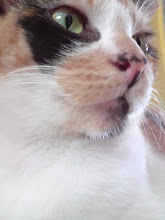An AVA officer got a mystery call today at their Toll-free Hotline for the loaning of cat traps from a particularly exasperating caller. He didn’t know he was conversing with a cat, masquerading as a cat-hater. That would have made his day.
The bare facts are such: The loaning of free traps from AVA is open only to people living in private residences. They will need to present their IC at the Centre for Animal Welfare and Control for collection, where they will be shown how to use the trap. Only one trap can be loaned at a time by the same person for a period of 2 weeks.
Here’s where it gets interesting. I asked what happens after a cat is trapped and the officer said that you must call AVA to collect the cat by the next working day. I asked what happens to the cat and got the obvious answer. I then said that some family members are not comfortable to send cats to their death, can we catch and release them in other areas? The officer strongly discouraged this on the grounds that the cat may be disoriented and cannot find food, leading to suffering.
Tooty the exasperating caller then asked, but you won’t really know what people do with the cats after they are trapped right? The officer was getting slightly alarmed saying have you seen cats getting skinnier and skinnier if cannot find food? At least when it goes to AVA, it will be at peace.
The system certainly sounds good on paper, AVA provides free service to private home residents, nuisance cats removed to a misery-free end. Win-Win.
But so many questions unanswered. How do you ensure that the trapped cats do end up in AVA? How do you ensure that the trapped cats are properly treated overnight, over weekends by trappers who have no love for them?
Someone with a private residence address should go down and borrow a trap to see what information is being imparted to trap loaners. Cat Welfare Society has broached to the Ministry of National Development before to provide information about Trap-Neuter-Return-Manage as an alternative to culling. Whenever someone requests for a trap, AVA can inform people about sterilisation as an alternative, or send a brochure along with the trap. Has this advice been trickled down to the ground staff?
The officer obviously feels for the cats but his hands are tied by a system that is clearly flawed. He was getting annoyed by this heartless caller and hung up even before I said thanks and goodbye. Good for him.
Arghhhhh Sunday
2 days ago




2 comments:
You really have annoyed the poor guy huh? haha..
In the past, did AVA do this: provide free trap to residents, then pick up the cat from residents, sterilise the cat and then release the cat?
If the above is not implemented, then I agree that AVA should play the education part on sterilisation as an alternative.
When AVA sends brochure on sterilisation along with the trap, are we expecting the resident to bring the trapped cat for sterilisation (and pay for it)?
as far as i know the stray cat sterilisation programme in place from 1998 to 2003, where AVA provided free sterilisation services, only applied to HDB estates.
trapped animals from private estates, cats and monkeys, are put to sleep and sterilisation is done out of the residents own pockets.
but someone should call and ask AVA if they can provide sterilisation for cats trapped on private estates instead of killing it.
for HDB estates, they can't make this decision without town council's approval, but for private estates, who calls the shot?
Post a Comment